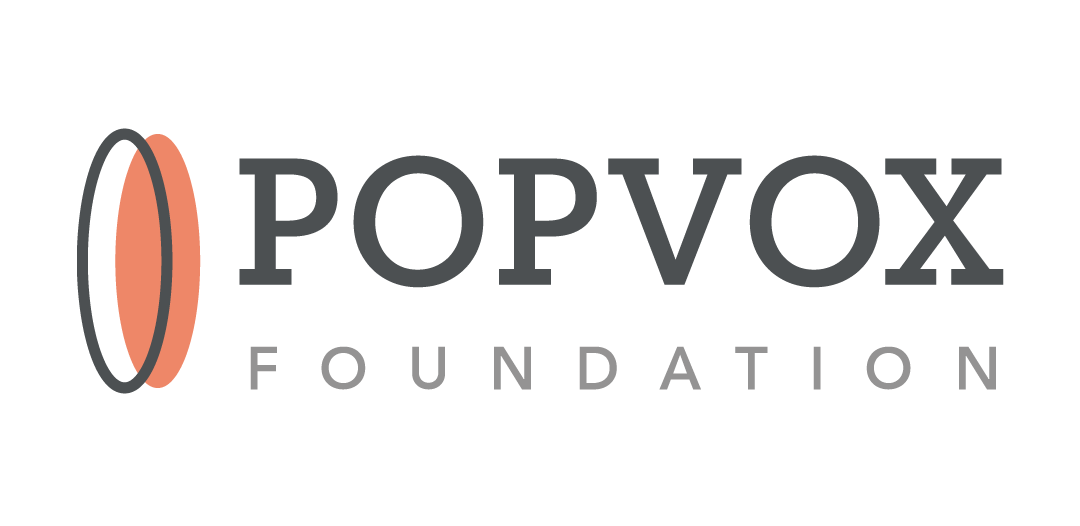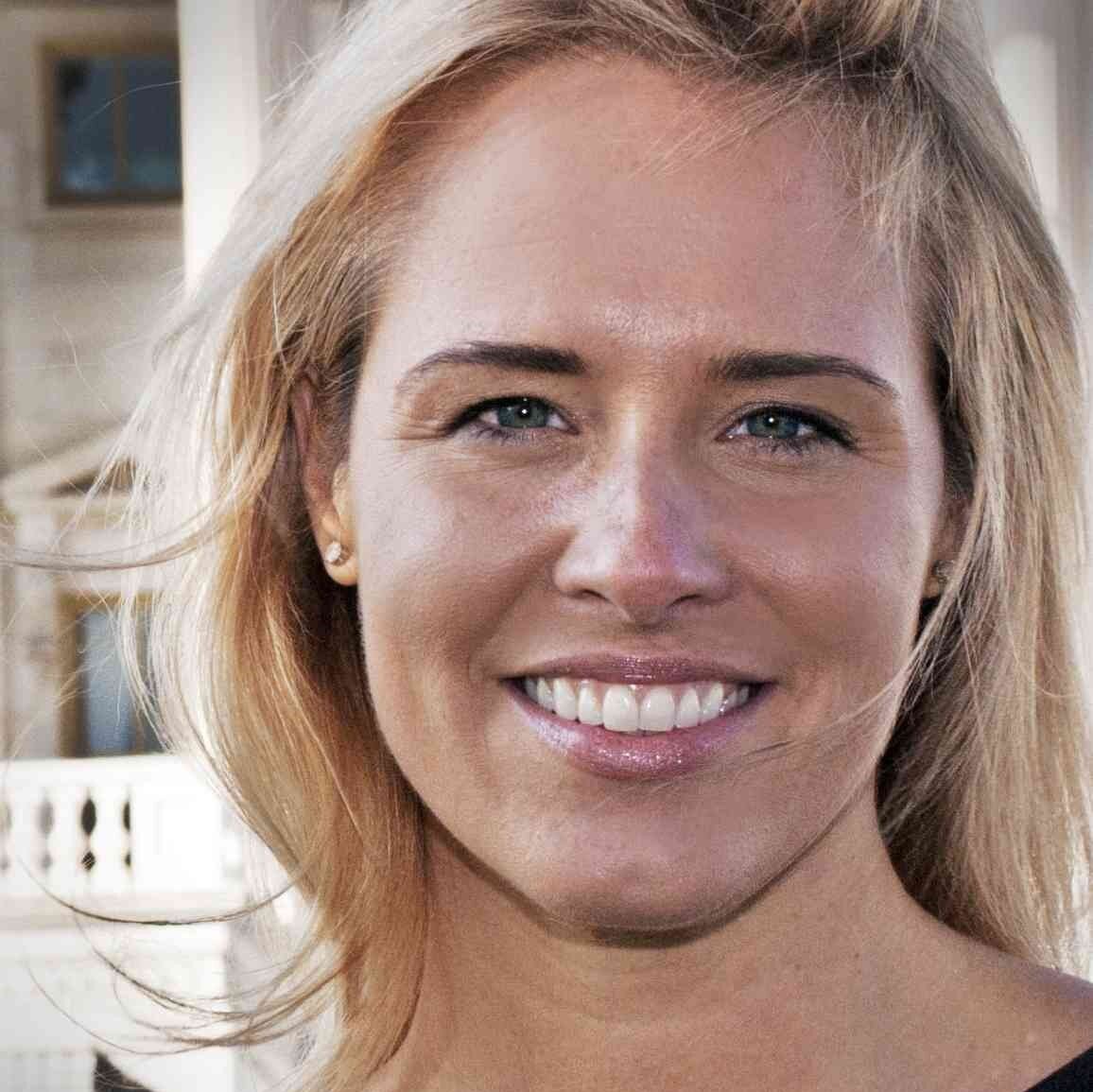DIY Earmarks FY24 Cheat Sheet
A guide to community project funding and congressionally-directed spending requests for local governments and nonprofits
Interested in Submitting a Request for Federal Funding? The Time is Now!
Timing
Uncertainty
House vs. Senate
March 10
Differences Between the House & Senate for FY24
How It Works in the Senate
How It Works in the House
I. Interested in Submitting a Request for Federal Funding? The Time is Now!
Both the House and Senate have released final guidelines for “earmarks” in the 2024 government funding process. Nonprofit organizations and state and local governments interested in submitting requests for funding have a short window in which to develop and submit requests to their Members of Congress for consideration.
We encourage requestors to review our full program guidance. This companion document includes deadlines and sample timelines for this year, and some changes to the programs.
II. FY24 Process at a Glance
Timing
This process is for funding to be made available in the 2024 fiscal year. The exact timing of when funds are released to successful applicants will depend on Congress and the agency involved.
Uncertainty
This year’s process has significantly more uncertainty than previous years: the House and Senate have different rules (more on that below), and those differences will have to be worked out before funding bills can be passed.
House vs. Senate
The House and Senate have different open subject areas for requests. See below for more information.
March 10
Most requests must be submitted by March 10th.
III. Differences Between the House and Senate for FY24
Some program requirements have not changed for either chamber:
For-profit requestors are still ineligible.
Projects will still be subject to GAO audit.
Members must post requests online.
Requests may only be made for one-year funding.
How It Works in the Senate
There is no limit to how many requests Members can submit.
The total amount of funding available for Member requests is 1% of federal discretionary spending.
Deadlines for SENATORS to submit their requests to the Committee are between March 30th and April 14th.
This means that deadlines for nonprofits and governments to submit requests to their Senators will be on or after March 10th.
How It Works in the House
A few significant departures from last year:
The House has clarified for FY24 that it will limit House Member requests to 0.5% of Federal discretionary spending. The total amount of funding available for earmarks in both chambers will remain at 1%.
Certain categories of spending will not be available through the House.
No requests for commemorations, memorials, or museums will be accepted.
No requests for accounts in the Labor-HHS and Financial Services and General Government will be accepted by the House, and neither branch will allow requests for the Defense Subcommittee. This includes projects involving employment services, health care services, addiction treatment, children and family services, aging and disability services, education improvement, and postsecondary education for the Labor-HHS Subcommittee.
In the House, projects have to certify a “federal nexus” for each request, meaning offices have to be able to point to relevant law that specifically authorizes requested projects.
In the House, requests have to show evidence of community support and justify their use of taxpayer funds to be considered.
Deadlines for Representatives to submit their requests to the Committee are between March 24th and March 31st.
This means that deadlines for nonprofits and governments to submit requests to their Representatives will be on or after March 10th.
IV. How to Submit an Earmark Request
Interested in submitting a request? Here’s your to-do list for the next week:
✅ If you have not already, identify your Members of Congress and review their websites (or call their DC offices) to see if they are accepting requests for Community Project Funding in the House or Congressionally Directed Spending in the Senate. Your Member may also provide additional guidance or opportunities to ask questions.
✅ Review the list of Eligible Accounts for FY24 and determine which may be good fits for your project.
✅ For requests through the House, start gathering evidence of community support (for more information, see our full DIY Earmarks guide).
✅ Prepare your request form.
✅ Prepare any materials your Member’s office may need to review with your request (for example, nonprofits should be ready to provide copies of their nonprofit status paperwork and 990s).
✅ March 10th: be prepared to submit your request for funding. Deadlines will vary by office, with a large number requiring requests by March 10th.
V. Additional Resources
DIY Earmarks
Our guide to the basics of Member-Directed Spending programs for eligible nonprofits and governments.
Subcommittee Guidance Documents
Both the House (appropriations.house.gov) and Senate (appropriations.senate.gov)have put effort into making their Subcommittee Guidance Documents much more user-friendly than we’ve seen in the past. Read for guidance each Subcommittee gives to Members.
Power Restored
A new Bipartisan Policy Center report on member-directed spending in the 117th Congress including impact of new rules and restrictions instituted to improve the process; new data-driven analysis of the trends that emerged, with comparisons to trends in the pre-moratorium period; and five areas for improving directed spending to make it more transparent, accountable, and effective.
Earmarks for Caseworkers
Video tutorial for caseworkers on using member-directed spending in the appropriations process.
Earmarks Guidance
BPC Action’s comprehensive landing page with various resources and infographics
FY24 Eligible Accounts
An updated list of eligible accounts for earmark funding
Developed By
Bipartisan Policy Center
The Bipartisan Policy Center is a Washington, DC-based think tank that actively fosters bipartisanship by combining the best ideas from both parties to promote health, security, and opportunity for all Americans. Our policy solutions are the product of informed deliberations by former elected and appointed officials, business and labor leaders, and academics and advocates who represent both sides of the political spectrum.
POPVOX Foundation
POPVOX Foundation works “to inform and empower people and make government work better for everyone.” This includes reimagining the concept of “civic infrastructure,” and providing new ways for government to share information and engage the public, with an emphasis on diverse participation and rebuilding public trust.
Franz Wuerfmannsdobler
Franz Wuerfmannsdobler is a Senior Advisor with the Bipartisan Policy Center. He has more than two decades of congressional experience. During his tenure on Capitol Hill, he worked in the offices of U.S. Senators Robert Byrd, Byron Dorgan, and Chris Coons, the last of which he served as the Deputy Chief of Staff and Senior Policy Advisor. He also served on the Senate Appropriations Committee. His policy portfolio has included energy, environment, science and technology, appropriations, and budget issues. Building on these experiences, he is dedicated to improving public discourse and restoring civic trust.
Marci Harris
Marci is CEO and cofounder of POPVOX, Inc., a nonpartisan platform for civic engagement and Executive Director and Co-Founder of the POPVOX Foundation. She later served as counsel to the chairman of the Ways and Means Health Subcommittee in the U.S. House of Representatives, working on the team that drafted the Affordable Care Act. Marci left Capitol Hill in 2010 to create POPVOX.com and has continued to work at the intersection of technology and policy. Marci is a lecturer at San Jose State University and the University of California Berkeley Haas School of Business and an adjunct professor at the University of San Francisco School of Management.
Anne Meeker
Anne is a civic process and democratic engagement nerd, and a former House district staffer. She was a founding member of the POPVOX Foundation team as Director of Special Initiatives. She previously served as Director of Constituent Services for Congressman Seth Moulton, where she worked to use data and technology to deliver smarter casework services to residents of the MA06. Anne holds a bachelor's degree in Anthropology from the University of Oxford (St. Hugh's College), and an MSc in History from the London School of Economics, where she wrote her thesis on presidential memoir.






